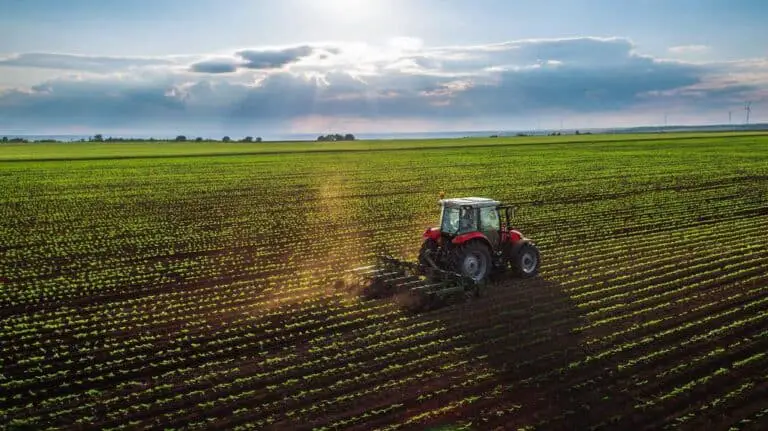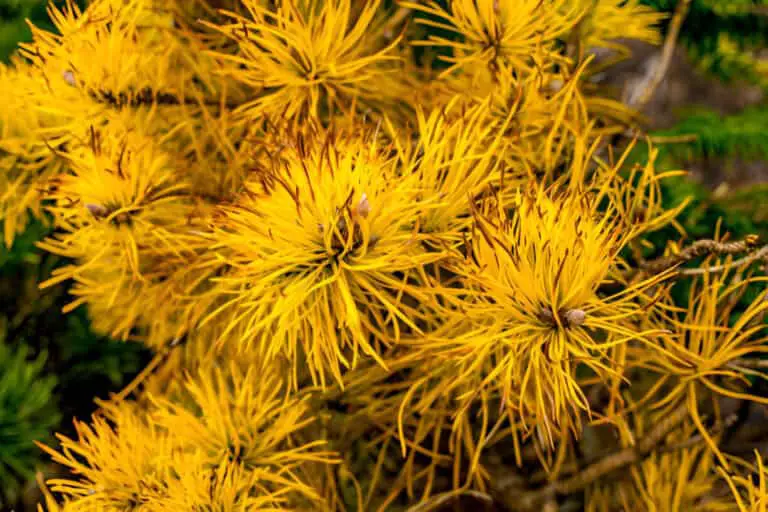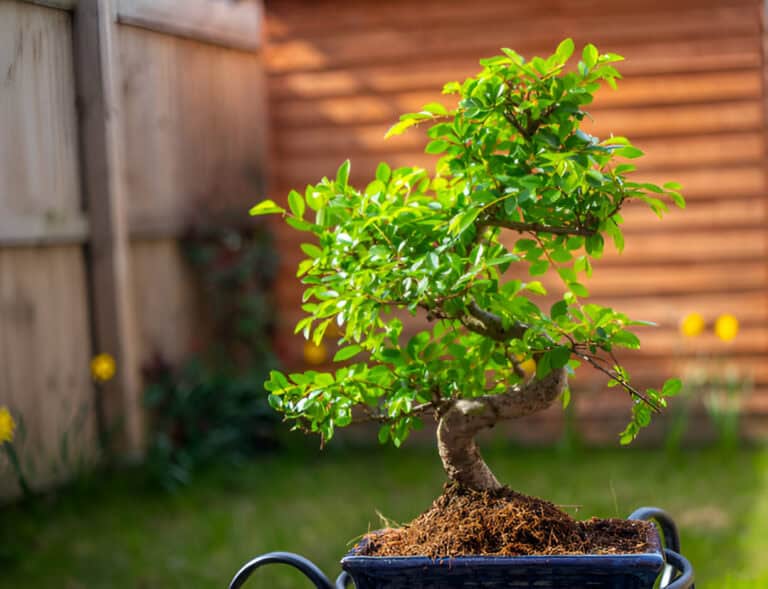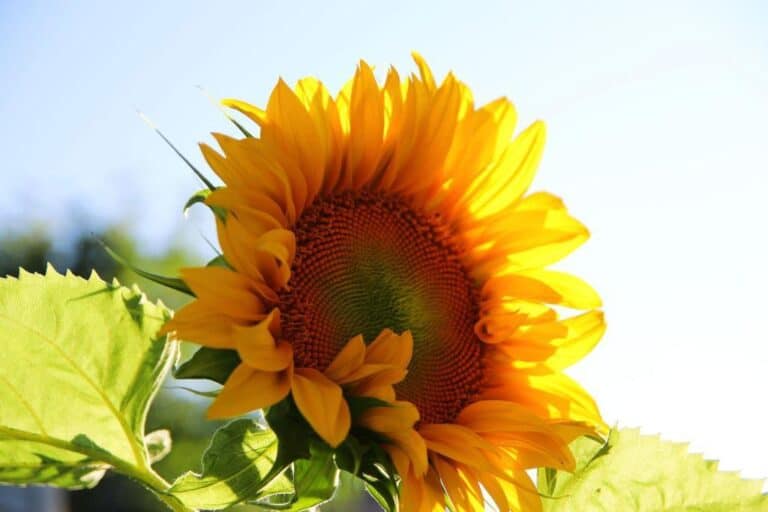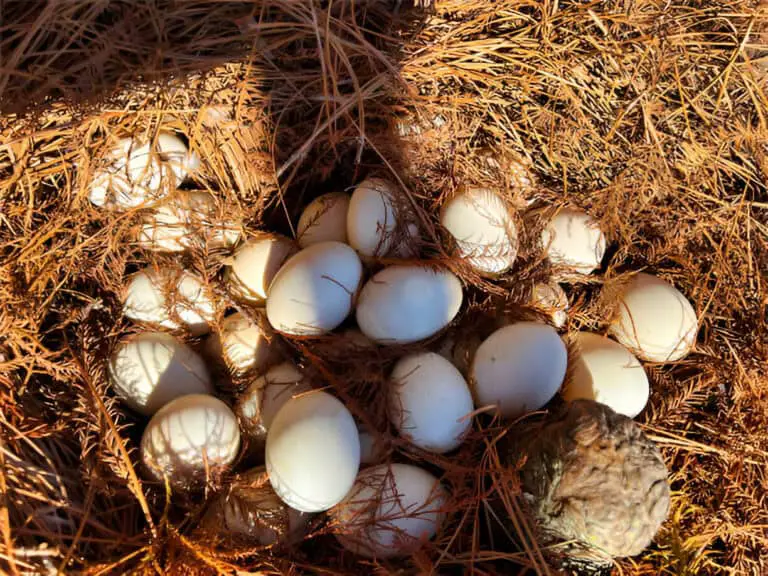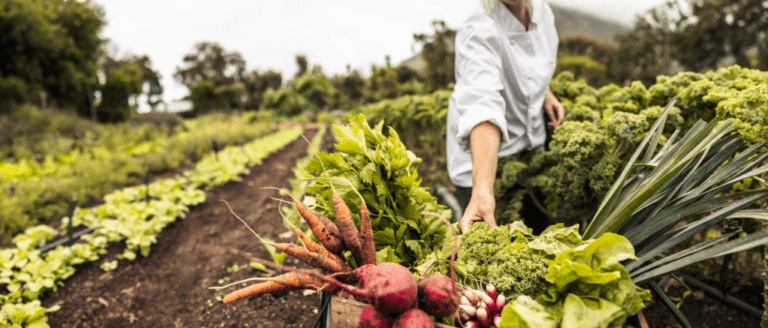Do You Soak Swiss Chard Seeds Before Planting? Does It Really Make a Difference?
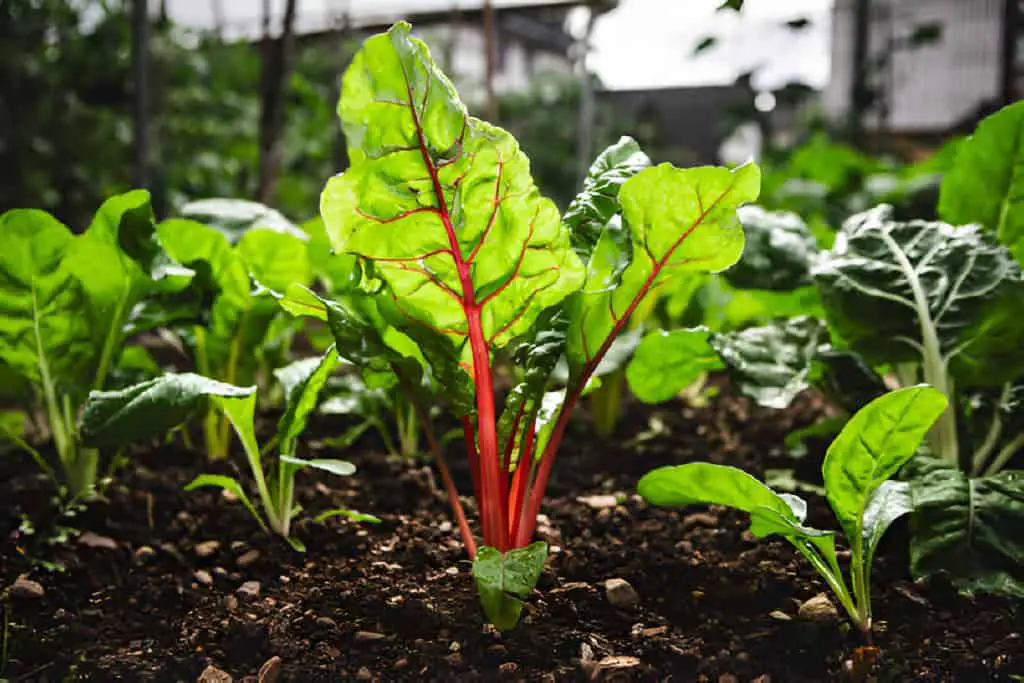
When I first dove into gardening, Swiss chard quickly captured my heart. Its vibrant colors and robust leaves made my garden a masterpiece. I loved its versatility in the kitchen. Whether sautéed, tossed into salads, or used in a hearty stew, Swiss chard always delivered. But as with all things gardening, I soon faced the inevitable question—should I soak the seeds before planting?
The topic sparked plenty of debate among seasoned gardeners. Some swore by soaking as a surefire way to boost germination seeds, while others dismissed it as unnecessary. Naturally, I had to find out for myself. Could a simple soak really make a difference, or was it just another gardening myth?
My curiosity led me to experiment, eager to discover if this extra step would give my Swiss chard the head start it deserved.
Overview of Swiss Chard and Seed Preparation
Swiss chard is celebrated for its vibrant, nutritious leaves and its versatility in the kitchen. This leafy green is packed with vitamins A, C, and K, making it a healthful addition to any diet. Its robust flavor and colorful stems delight in salads, soups, and stir-fries. So, Swiss chard is a favorite of gardeners and cooks alike.
In gardening, seed preparation is a fundamental step that can greatly impact the success of your crop. Proper preparation, such as soaking seeds, helps to break down the seed coat and can lead to faster and more uniform germination. By investing a little time in preparing your Swiss chard seeds, you set the stage for healthier plants and a more productive garden.
Applying these practices can make your gardening a rewarding success.
The Case for Soaking Swiss Chard Seeds
I remember looking at those small, wrinkled seeds and wondering, “Does soaking really give them a head start?” The theory is simple: soaking seeds helps soften their outer shell, allowing water to penetrate and kickstarting the germination process. This can lead to faster sprouting and potentially stronger plants.
For Swiss chard, which is a cool-weather crop, this technique could be particularly useful if you’re eager to see those first signs of life early in the growing season.
So, after hearing this advice from several gardening veterans, I decided to give it a shot. I dropped the seeds into a bowl of water and let them sit for a few hours. Here’s what I discovered.
My Experiment with Soaking: The Process
Soaking seeds isn’t complicated. In fact, it’s probably the easiest part of the whole planting process. Here’s the step-by-step rundown I followed:
- Gather the seeds: I started with fresh Swiss chard seeds from a reputable source.
- Fill a bowl with room-temperature water: You don’t want to shock the seeds with water that’s too hot or cold.
- Let the seeds soak for 4-6 hours: Swiss chard seeds don’t need a full day of soaking. A few hours will do the trick.
- Drain and dry the seeds: After soaking, I drained the seeds and patted them dry with a paper towel. Then they were ready to go straight into the soil.
The Results: Did Soaking Help?
After planting both soaked and unsoaked Swiss chard seeds, I eagerly waited for signs of life. Within a week, the soaked seeds began to sprout noticeably faster than their unsoaked counterparts. It was clear that soaking had given them a bit of a boost. While both sets of seeds eventually sprouted, the soaked seeds were about two days ahead in the race to the surface.
For someone like me, who can be a bit impatient, those extra days made a big difference. I hate waiting for things to grow. It felt like a small victory to see those tiny green shoots appear sooner than expected.
Does Soaking Always Make a Difference?
Now, does this mean you absolutely need to soak your Swiss chard seeds every time? Not necessarily. In my experience, soaking helps most with hard seeds. It also helps when planting in poor conditions.
If your soil is well-drained and you can keep it consistently moist, Swiss chard seeds will sprout on their own just fine. But if your soil tends to dry out quickly or you’re looking for quicker germination, soaking can give you a head start.
The Science Behind Soaking Seeds
Let’s break down why soaking helps. Seeds have a hard outer shell, designed by nature to protect the embryo inside until the conditions are right for germination. Soaking seeds mimics the wild. Rain or moist soil would soften their protective coat.
Once the seed absorbs water, it triggers the activation of enzymes that break down stored food inside the seed, fueling the growth of the embryo. For Swiss chard, which has a moderately tough shell, soaking can help speed this process along by ensuring that water gets to the embryo quickly.
| Seed Type | Soaking Time | Benefits of Soaking |
| Swiss Chard Seeds | 4-6 hours | Faster germination, stronger sprouts |
| Beet Seeds | 4-8 hours | Promotes quicker sprouting |
| Spinach Seeds | 4-8 hours | Helps with tougher seed coats |
When to Soak and When to Skip
You don’t always have to soak your seeds. In fact, there are times when soaking might be overkill. Here are some general guidelines to help you decide:
Soak Your Seeds If:
- You live in an area with a shorter growing season and want to get a jump start.
- You’re planting in soil that drains quickly and doesn’t retain moisture well.
- You’re eager to speed up the germination process and get those plants growing fast.
Skip the Soak If:
- Your soil is consistently moist, and you don’t mind waiting a few extra days for germination.
- You’re planting in a mild climate where the growing season allows for a slower start.
- You prefer a hands-off approach to gardening and trust nature to take its course.
My Verdict: To Soak or Not to Soak Swiss Chard Seeds Before Planting?
In my experience, soaking Swiss chard seeds before planting helps. It makes their germination faster and more uniform. If you’re like me and enjoy seeing those first signs of life sooner rather than later, I’d recommend giving soaking a try. If you’re a laid-back gardener, or have ideal conditions, you’ll still succeed with unsoaked seeds. It just might take a little longer.
The beauty of gardening is that it’s all about experimentation. I’ve soaked seeds one year and skipped it the next, and I’ve seen benefits to both approaches. The key is to understand your growing conditions and decide what’s best for your specific garden.
So, the next time you’re prepping for planting season and staring down a packet of Swiss chard seeds, give soaking a try and see if it speeds up the process.
Soaking seeds can speed up germination or add variety to your garden. It’s a simple trick that might give you the results you want. Either way, your garden will be bursting with beautiful Swiss chard before you know it!

